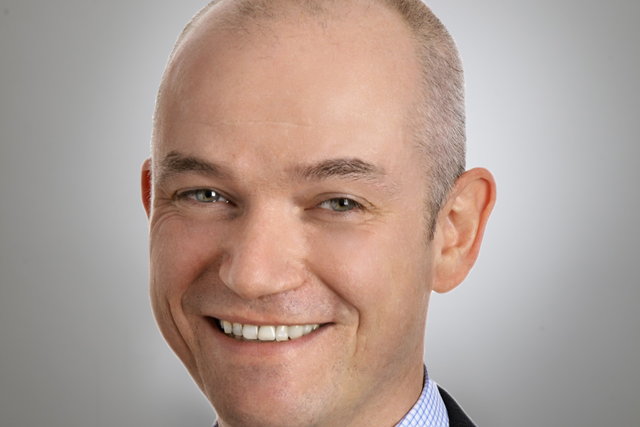TV as we know it is changing fast. As recently as five years ago, television viewing took place in the living room and people watched the programmes that were offered.
But the rapid developments in technology have changed what we understand by the term watching TV, because TV programmes can now be viewed anywhere on smartphones, tablets, PCs, games consoles and smart TVs.
The consumer is king
This has helped empower people who no longer see a reason to fit their lives round television schedules - instead they expect to watch what they want, on the device in front of them when they make that decision. The appearance of services such as Lovefilm, BBC iPlayer and NOW TV enable this flexibility and drive the adoption of new consumer behaviour.
But while people may enjoy the increased control they have over their viewing, it creates a major issue for the industry because, as audience consumption moves to new devices, much of the content appears without adverts. The numbers are still small and are not having a large impact on broadcasters' revenue - at the moment.
Preventing change doesn’t pay
For most broadcasters, the altered landscape is daunting and it is tempting to resist the changes taking place, continuing instead with a wait and see approach. However, a cautious stance brings with it certain risks - a lesson painfully illustrated by the music industry, which did significant damage to its business by taking legal action against companies that were trying to evolve the market.
The book publishing industry is also undergoing change, as companies like Amazon allow authors to self publish and therefore link directly to their audience, bypassing the publisher. Is this a model that could be mirrored by TV production houses?
The numbers game
However, as with any nascent industry, there are issues that need to be addressed if we are to see the widespread adoption of online video advertising. The first of these is measurement. Television uses a system of Targeted Ratings Points (TRPs) and Gross Ratings Points (GRPs), both of which relate to the number of people who see an ad and how often.
In contrast, the interactive nature of the internet means that the performance of online campaigns is measured by conversions, completion rates, click through, etc, that relate to how many people responded to an ad in some way.
It is not hard to see that a common currency is required for online video and TV media buying. This will enable advertisers to compare like with like and see where they should buy inventory and then measure the effectiveness of their campaign.
Unsurprisingly in an industry that is growing so quickly, progress is already being made, with Nielsen and comScore recently launching new products that start to address the issue.
No substitute for quality content
The user-generated nature of much of the video content on the internet from sites like YouTube has deterred many advertisers from online video advertising. But, as with measurement issues, this is being addressed.
There is now a large amount of TV quality material online, thanks to video providers increasingly looking to produce professional content and the vast number of catch up TV services being made available, fuelled by consumer appetite.
Can broadcasters afford to play with catch up?
The future is far from certain, but one thing is clear - the biggest risk will come from doing nothing.
The broadcasters that thrive in this new environment will be those that embrace and understand the technology that is driving the TV revolution.
Some that have an eye on the horizon are already working with a new generation of companies developing this technology. In doing so, they are reassuring the industry that, while change can be challenging, it is also essential and exciting.


